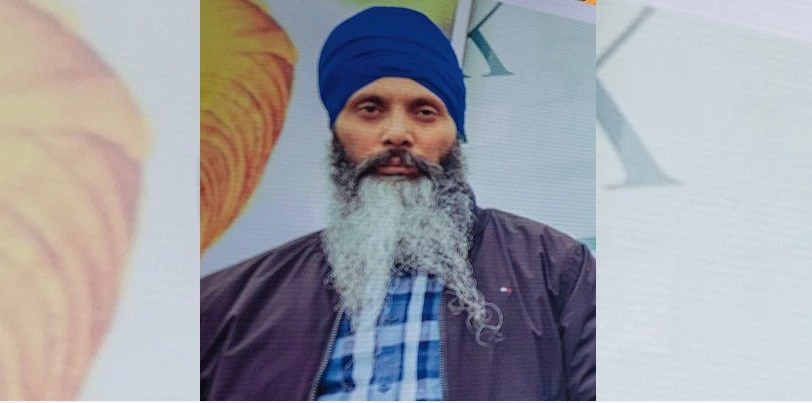US provided Canada with intelligence on Sikh leader’s murder by Indian agents

Stay tuned with 24 News HD Android App

The US provided Canada with intelligence after the killing of Sikh leader Hardeep Singh Nijjar, but communications intercepted by Ottawa were more definitive and led it to accuse India of orchestrating the plot, The New York Times (NYT) has reported citing sources.
The report said the top US diplomat in Canada confirmed that there was “shared intelligence among Five Eyes partners” that had prompted Canadian Prime Minister Justin Trudeau’s offensive allegation against India in the killing of a Khalistani extremist on Canadian soil.
The allegations have infuriated India, which rejected the allegations as “absurd” and “motivated” and expelled a senior Canadian diplomat in a tit-for-tat move to Ottawa’s expulsion of an Indian official over the case. India also accused Canada of being a safe haven for terrorists.
Nijjar, the chief of the banned Khalistan Tiger Force (KTF), was killed in Surrey in British Columbia on June 18. India had designated Nijjar as a terrorist in 2020.
The United States has urged India to cooperate with Canada in its investigations.
“In the aftermath of the killing, US intelligence agencies offered their Canadian counterparts context that helped Canada conclude that India had been involved,” the NYT reported, quoting unnamed allied officials as saying.
Yet what appears to be the “smoking gun,” intercepted communications of Indian diplomats in Canada indicating involvement in the plot, was gathered by Canadian officials, allied officials said.
David Cohen, US Ambassador to Canada, in an interview with CTV News said that “shared intelligence among Five Eyes partners” had informed Trudeau of the possible involvement of Indian agents in the murder of a Canadian citizen in June.
“I will say this was a matter of shared intelligence information. There was a lot of communication between Canada and the United States about this, and I think that’s as far as I’m comfortable going,” Cohen told CTV News.
After Nijjar’s death, American officials told their Canadian counterparts that Washington had not had any advance information about the plot, and that if US officials had they would have immediately informed Ottawa under the intelligence agencies’ “duty to warn” doctrine, according to two allied officials, the newspaper reported.
The officials, who spoke on the condition of anonymity to discuss what has become a diplomatic firestorm, said Canadian officials had offered a general warning to Nijjar but had not told him that he was the target of an Indian government plot, according to the report.
Cohen told CTV that said that the US takes very seriously these allegations. “And, you know, if they prove to be true, it is a potentially very serious breach of the rules-based international order in which we like to function,” he said in response to a question.
While Secretary of State Antony Blinken has called on India to cooperate with the Canadian investigation, American officials have largely tried to avoid triggering any diplomatic blowback from India, the paper said.
But the disclosure of the involvement of US intelligence risks ensnaring Washington in the diplomatic battle between Canada and India at a time when it is keen to develop New Delhi as a closer partner, it said.
Blinken said the US is “deeply concerned” about the allegations raised by Canadian Prime Minister Trudeau against India and Washington was “closely coordinating” with Ottawa on the issue and wants to see “accountability” in the case.
Speaking at a press conference in New York on Friday, Blinken said the US has engaged directly with the Indian Government on the issue and the most productive thing would be the completion of this investigation.
Trudeau on Friday said that Canada shared with India “many weeks ago” evidence on the killing of Nijjar and wants New Delhi to commit constructively with Ottawa to establish the facts in the “very serious matter.”
When asked about Canada sharing any information in the case with India, the Ministry of External Affairs (MEA) in New Delhi said: “No specific information has been shared by Canada on this case, either then or before or after. We have, you know, as we have said, or I think we have made very clear, we are willing to look at any specific information.”
